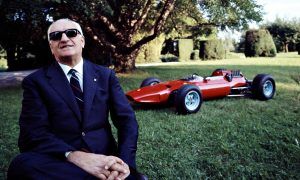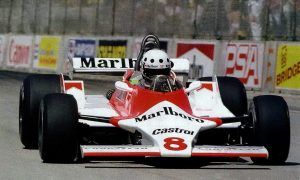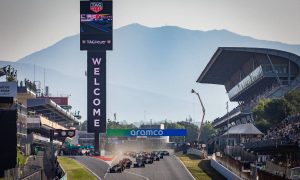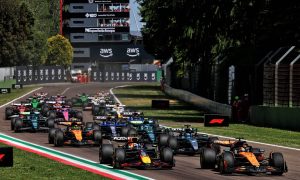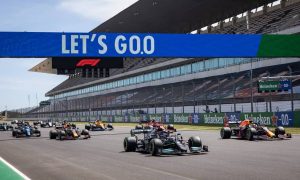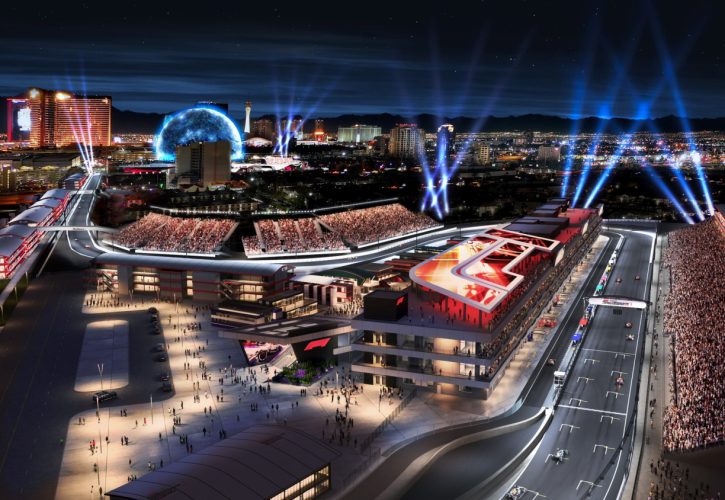
Formula 1 CEO Stefano Domenicali has warned that popular long-time F1 venues can't rely on their history, status and fame within the sport to keep them on the calendar in the future.
Recent years have seen many tracks including Hockenheim, the Nurburgring, Magny-Cours and Istanbul Park drop off the schedule despite an increase in the number of annual events from 16 to 23 in the last two decades.
Other fan favourite circuits including Suzuka, Imola and Zandvoort have only just returned to the line-up after absences, but circuits such as Monaco, Spa, Monza and Silverstone are now said to be at risk of being dropped.
That's because F1's growth in popularity has led to demand for Grand Prix races around the world, with Saudi Arabia, Qatar and two new races in the US among recent additions.
Domenicali said this demonstrated that long-standing venues must continue to invest in facilities and evolve their offering if they are to remain on the schedule in the long-term, to match state-of-the-art circuits in new markets.
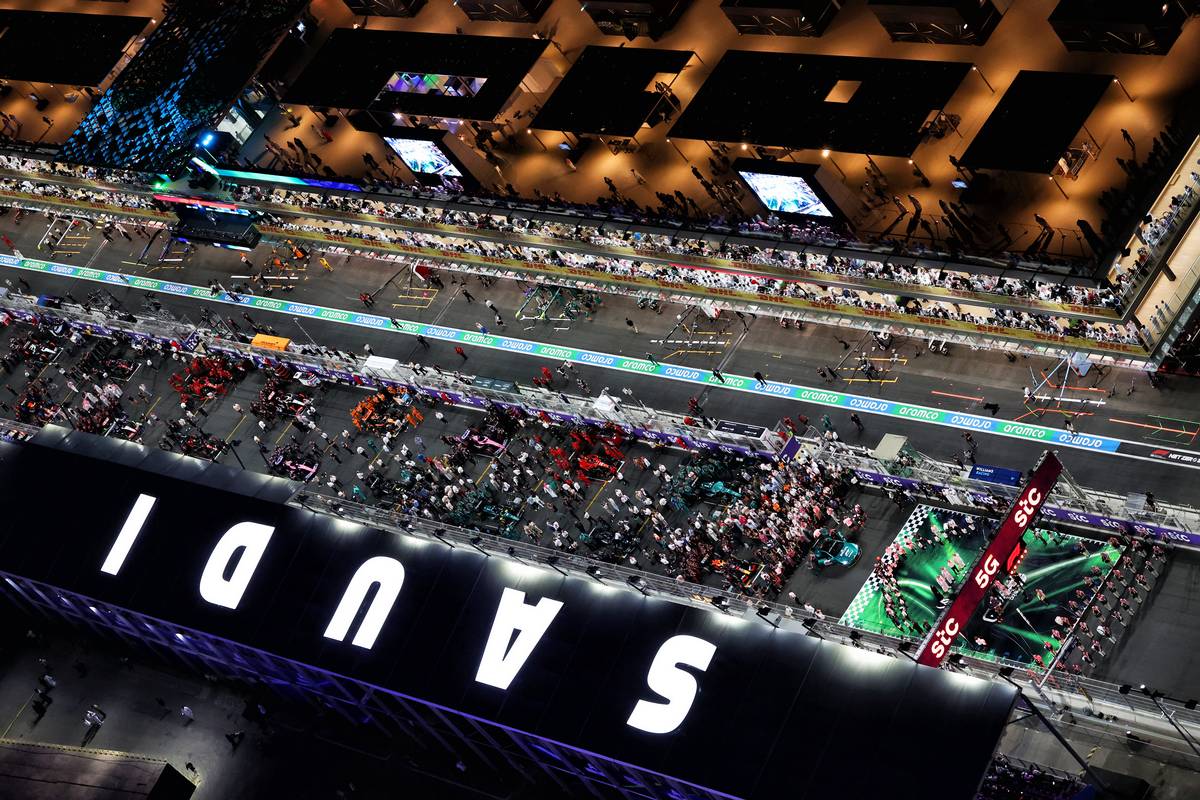
"The mix of continents we have today is looking good," Domenicali told Liberty Media investors in a conference call this week, adding that the 24 races expected next season "is the right number".
"It’s no secret we are still seeing if there’s a chance to go to Africa - it’s the only continent missing," he added, referring to rumours that the sport is close to signing a deal to return to the Kyalami Circuit near Johannesburg.
Domenicali said that if the traditional circuits were "only looking behind, there’s something that’s no good", especially as they had "a good foundation to look ahead with a different future that’s beautiful."
“To be arrogant and believe that you have a guaranteed future because you had a race for the last 100 years, to be very honest is not enough," he stated emphatically.

“It’s clear in the last couple of the years the perception of these historical places have changed as they realise the landscape is different.
"Everyone understands that - and we are not playing any games, we are very transparent with them - we are saying if they want to be in the calendar they need to be doing the things we believe is right for them, and also for F1."
While developing new markets in the Middle East and Asia to make F1 into a truly global world sport has been widely accepted, having three races in a single country has been a harder sell.
The United States had traditionally been a tough market for F1 to crack given the popularity of home-grown motor racing championships like NASCAR and IndyCar.
The US Grand Prix was hosted eight times at Indianapolis from 2000 until 2007 but it was only with the opening of the Circuit of the Americas in Austin, Texas in 2012 that the race found a new permanent home after nearly two decades at Watkins Glen in the 1970s and 80s.
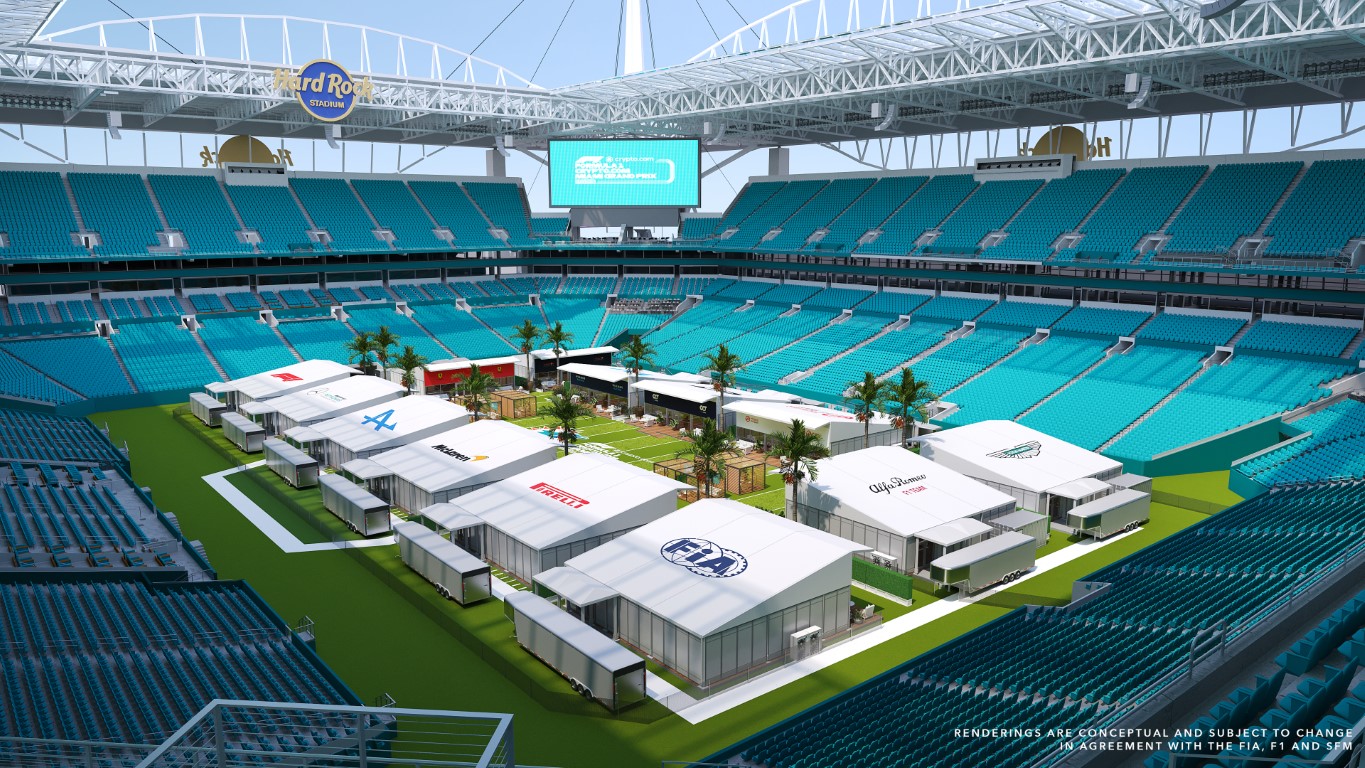
But last year saw the first Miami Grand Prix, and this year will see Las Vegas added to the itinerary. Domenicali insisted that three races per year wasn't risking saturating the market for F1 in the country..
“Every race – not only in America – has a different personality, different quality, different segmentation of fans,” Domenicali argued. “I don’t see any cannibalisation.
"Everyone is different, everything is different, the events are different. I don’t see any problem there.”
Keep up to date with all the F1 news via Facebook and Twitter



